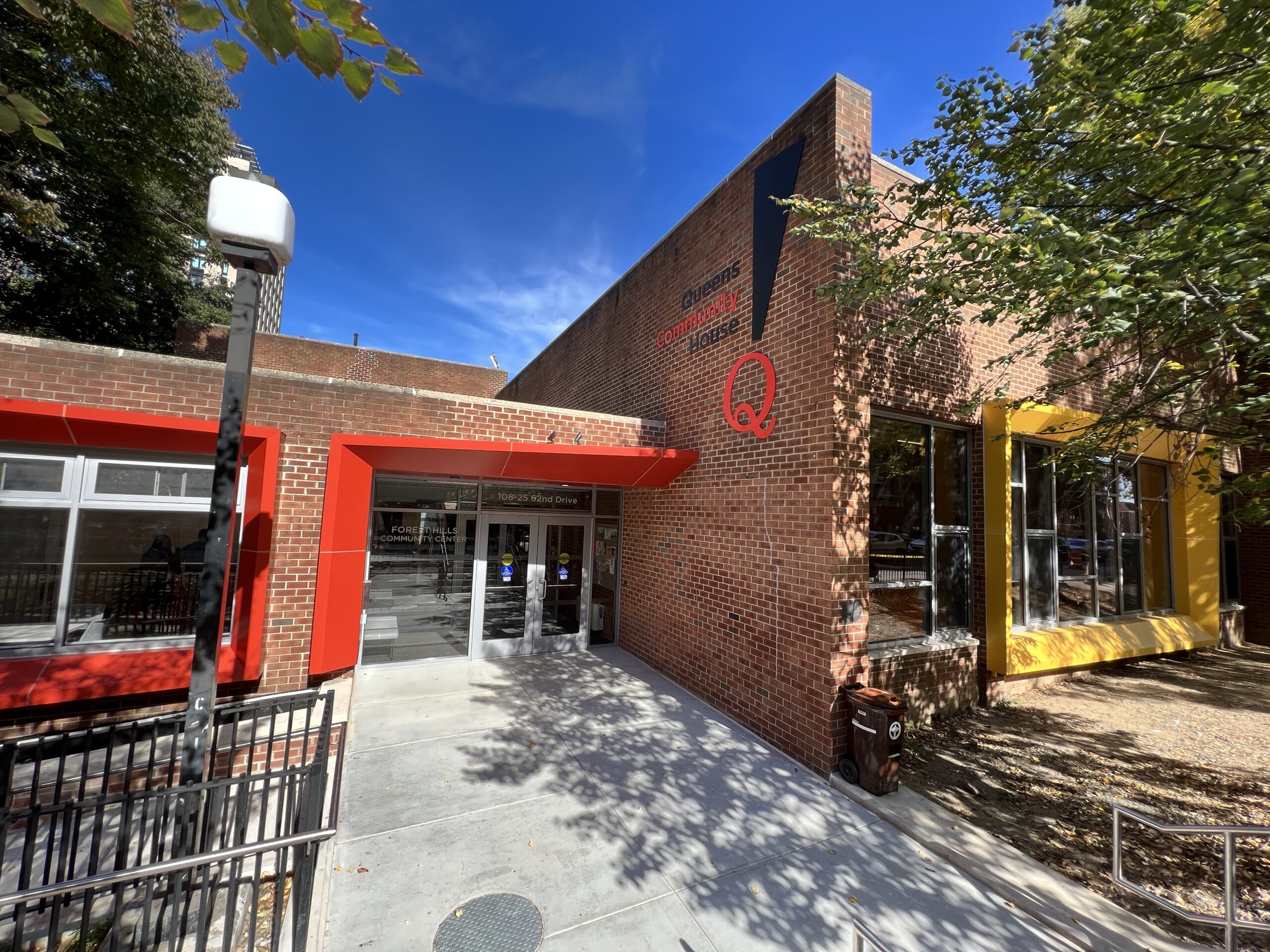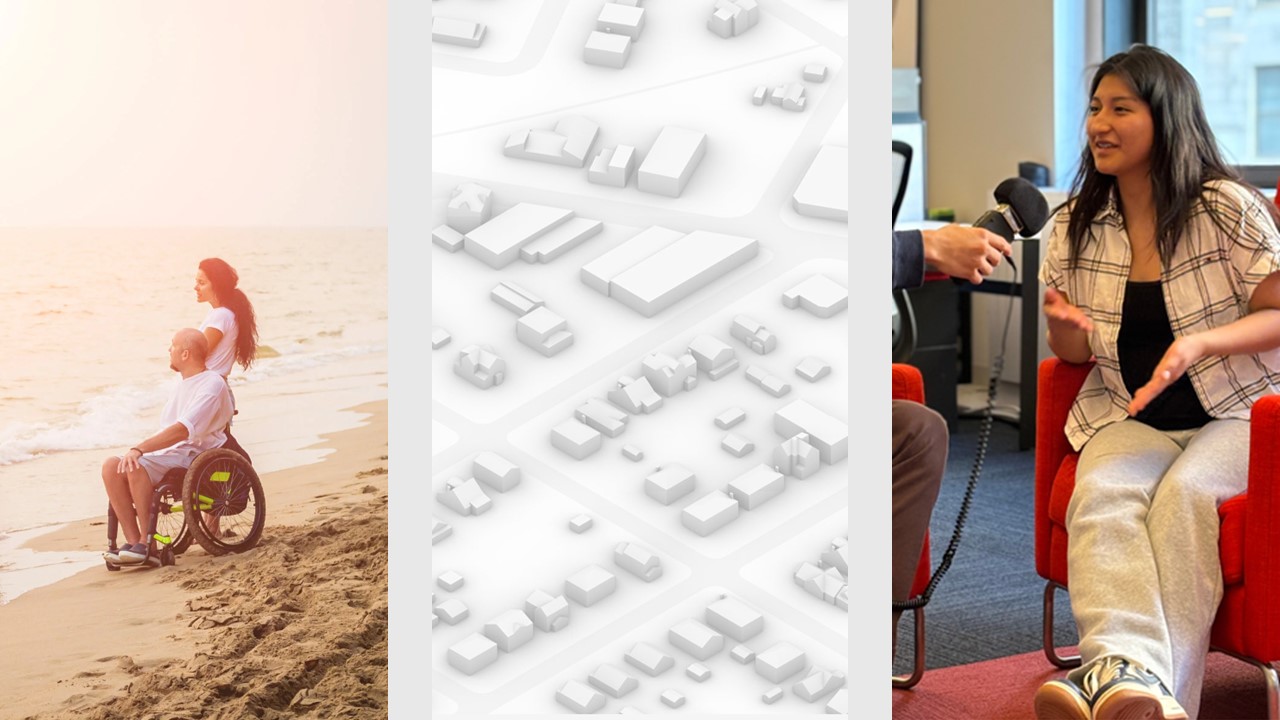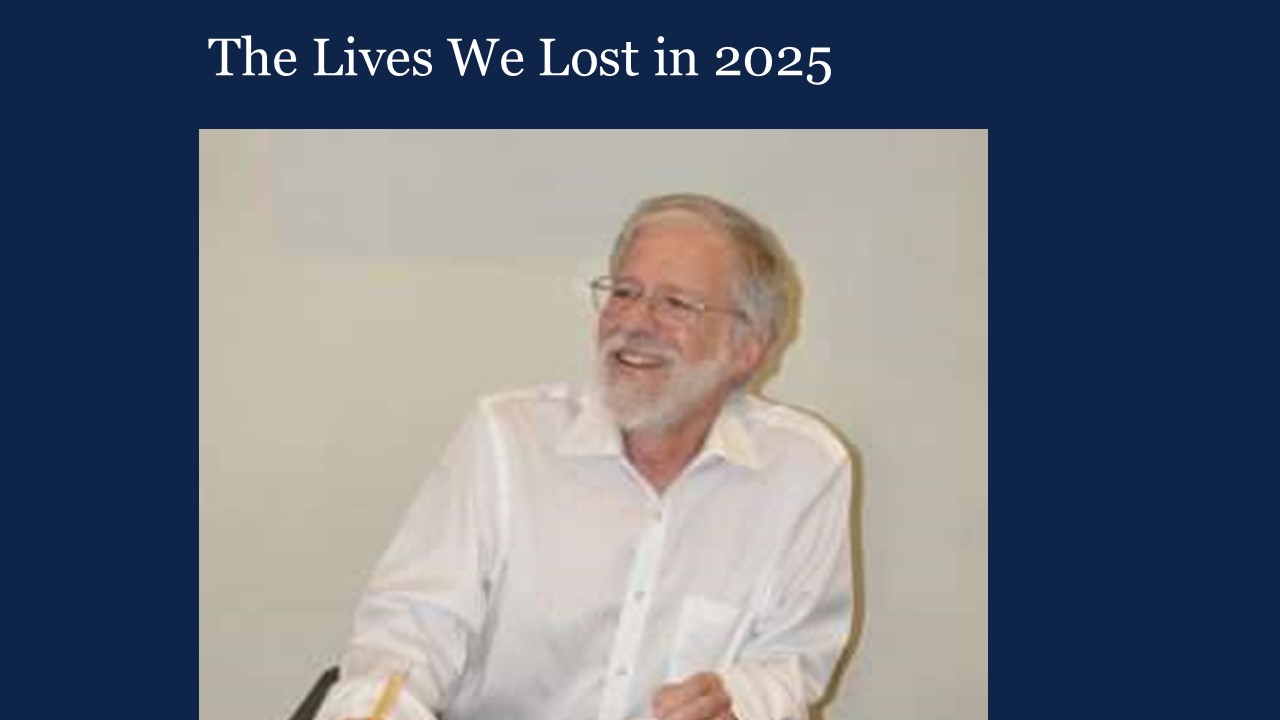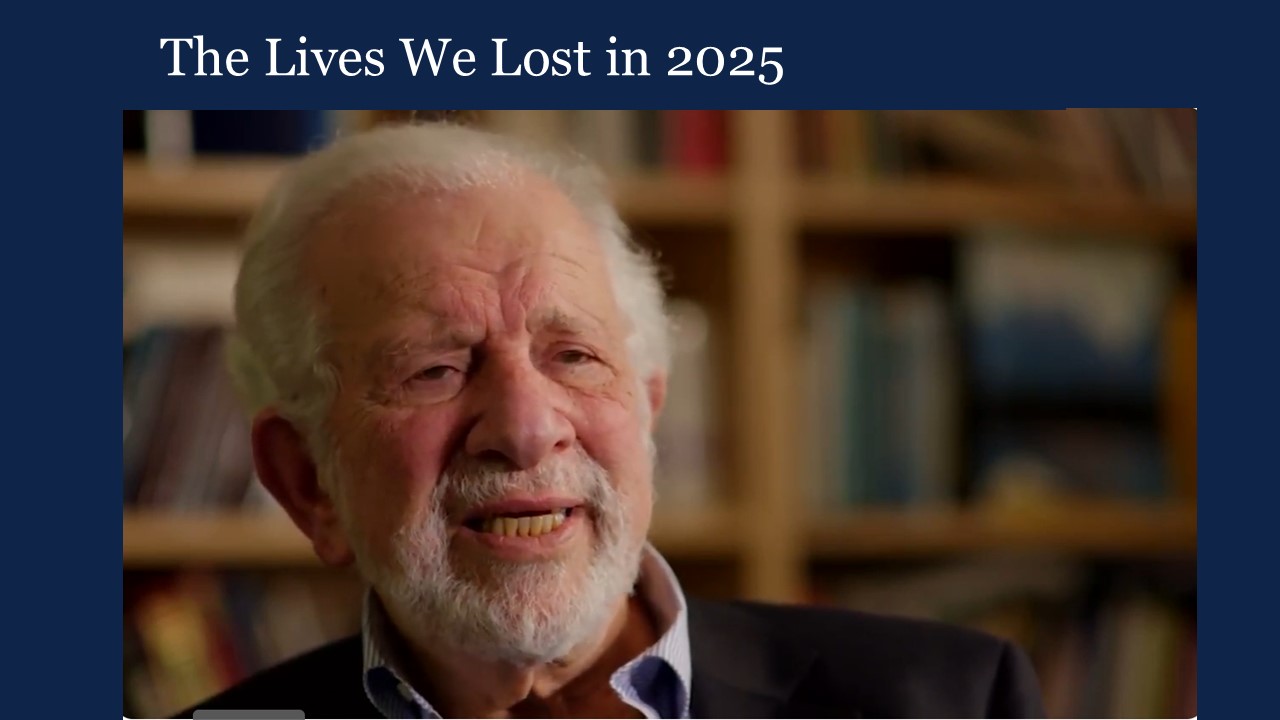FJC closed a $3.9 million bridge loan to Queens Community House (QCH) to bridge public sector grants to revitalize The Forest Hills Community Center. QCH has modernized the entire facility by overhauling its programming rooms and constructing new meeting rooms. The organization has also overhauled its recreational area, built a new neighbor’s lounge and installed accessibility upgrades including a new elevator and better walkways.
FJC’s loan will facilitate the buildout of a new annex, which was built by the nonprofit Phipps Houses and, via agreement with the City, sold to QCH for one dollar. City capital grants are only available to nonprofits on a reimbursement basis, which often requires them to borrow to start work. “We were looking for a lender with a straightforward process, who understands how public grants work, and could get this done with the collateral we have,” said Executive Director Ben Thomases.
“The Forest Hills Community Center started out as an experiment, but it has grown into a vital part of the Queens landscape and a demonstration of the good that can come out of conflict, if addressed in the right way. We hope this renovation will enable it to provide another 50 years of service to the borough as it continues to evolve.“
Ben Thomases, Executive Director, Queens Community House
QCH is a multi-service settlement house committed to serving the diverse neighborhoods of Queens. QCH serves more than 25,000 children, youth, adults, and older adults every year. The Forest Hills Community Center played a central role in the organization’s origin story.
Please find below excerpts from QCH Executive Director Ben Thomases’ s recent essay in This is Queensborough, a publication of the Queens Chamber of Commerce, reflecting on the past, present and future of The Forest Hills Community Center.
The Forest Hills Community Center — a site born from a bitter controversy that gripped our borough 50 years ago — has reopened for programming after undergoing a major renovation. The Center was part of a compromise crafted by little-known attorney Mario Cuomo after a widespread uproar arose from plans to build a public housing development in Forest Hills, then a predominantly white, middle class community. The conflict touched on racial tensions and prejudices, but also demands for government accountability and community input in local planning.
“We were looking for a lender with a straightforward process, who understands how public grants work, and could get this done with the collateral we have.”
Ben Thomases, Executive Director, Queens Community House
Cuomo’s compromise, which also included establishing the development as the first and only coop in New York City Housing Authority’s (NYCHA’s) portfolio, received a mixed response, but the process and the result were ultimately deemed a great success. My organization, Queens Community House (QCH, originally Forest Hills Community House) was founded to run the newly-built community center on the site, with a board comprised of neighbors from both sides of the conflict. When the Center’s doors opened in 1976, it hosted only three small programs, but from the beginning these programs were crucial in bringing together new and longstanding residents of the community and helping a divided community to heal. As our organization grew, so, too, did the Center’s activity. Before the renovation, more than 500 neighbors attended the Center on a typical day, and more than 4500 people passed through its doors each year.
As the neighborhoods around the Center (Forest Hills, Rego Park, Corona, Elmhurst) changed and diversified, the Forest Hills Community Center continued to play an important role in community integration and stability. Children, teens, older adults, new immigrants, and families from different backgrounds and walks of life have come to the Center to improve their lives, to learn a skill or get connected to a resource, to get to know their neighbors, and to make a difference in their community. As we have seen in Forest Hills and in the other 14 neighborhoods in which we now operate, community centers are the keystones to healthy, integrated communities and are fundamental to the work that we do as a settlement house. In addition to providing much-needed services, community centers also serve as modern-day town squares, where people can debate opinions, share ideas, and find fellowship. I believe this has been especially true in Queens, which has been at the forefront of what urban communities of the future will look like.
Since the Forest Hills Community Center was originally owned by NYCHA, it saw few renovations or improvements over the years and much of its infrastructure had become worn down and outdated. Fortunately for us, the need for an upgraded space coincided with a once-in-a-generation opportunity to purchase this site. In 2017, negotiations between NYCHA and the Forest Hills Coop led to the tenants assuming ownership of the property. In turn, the tenants offered QCH the opportunity to purchase the Center in December 2020. Soon afterward, we began the process of reimagining the space to better meet the community’s future needs, and started renovation work in late 2021.
While renovation will be ongoing through spring of this year, the work necessary to reopen for programming was completed in early fall 2022. The new Forest Hills Community Center is brighter and more accessible, with technology-enhanced program rooms, upgraded infrastructure, skylights, gender-neutral bathrooms, an elevator, ADA-compliant doors, and improved walkways. The renovation also freed up space for additional programmatic use, including a Neighbors’ Lounge off the front lobby, small meeting rooms to ensure participants’ privacy, and an expanded food pantry.
The renovation has been supported by a number of public and private sources, including the Queens Borough President, the Council Speaker, Councilmembers Karen Koslowitz and Danny Dromm, the New York State Regional Economic Development Council, and numerous foundations and individual donors. We are grateful for their support and for their acknowledgement of the importance of this site for the communities of central Queens.
The Forest Hills Community Center started out as an experiment, but it has grown into a vital part of the Queens landscape and a demonstration of the good that can come out of conflict, if addressed in the right way. We hope this renovation will enable it to provide another 50 years of service to the borough as it continues to evolve.




